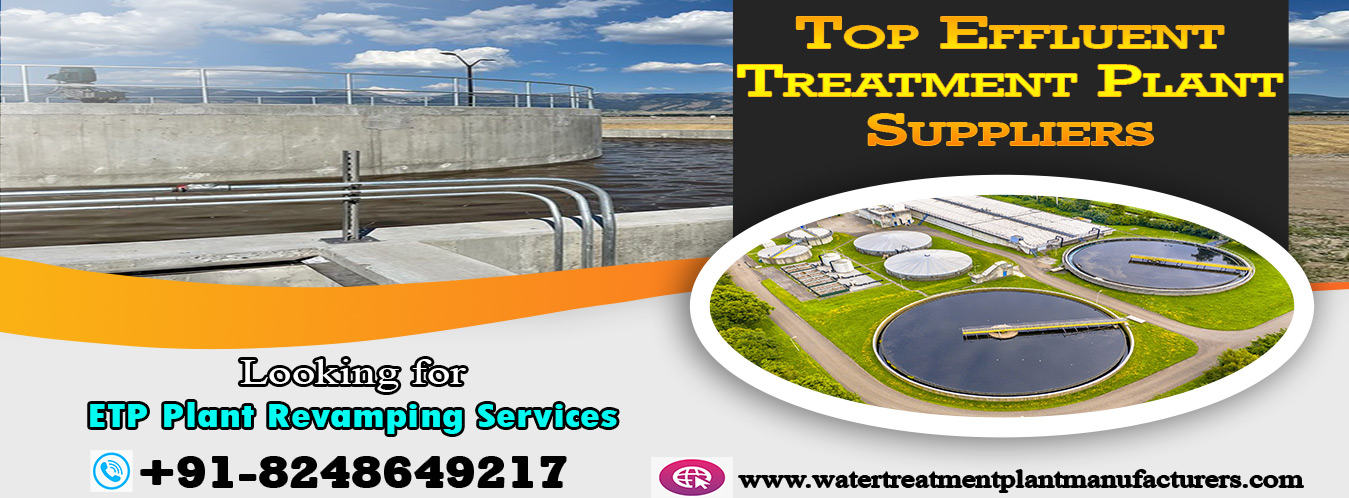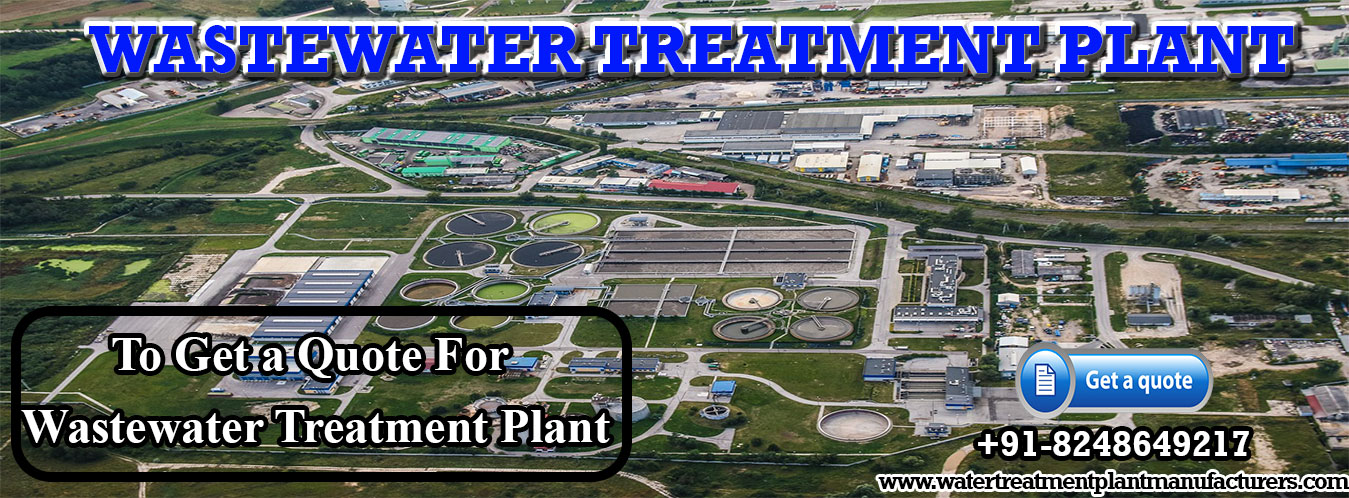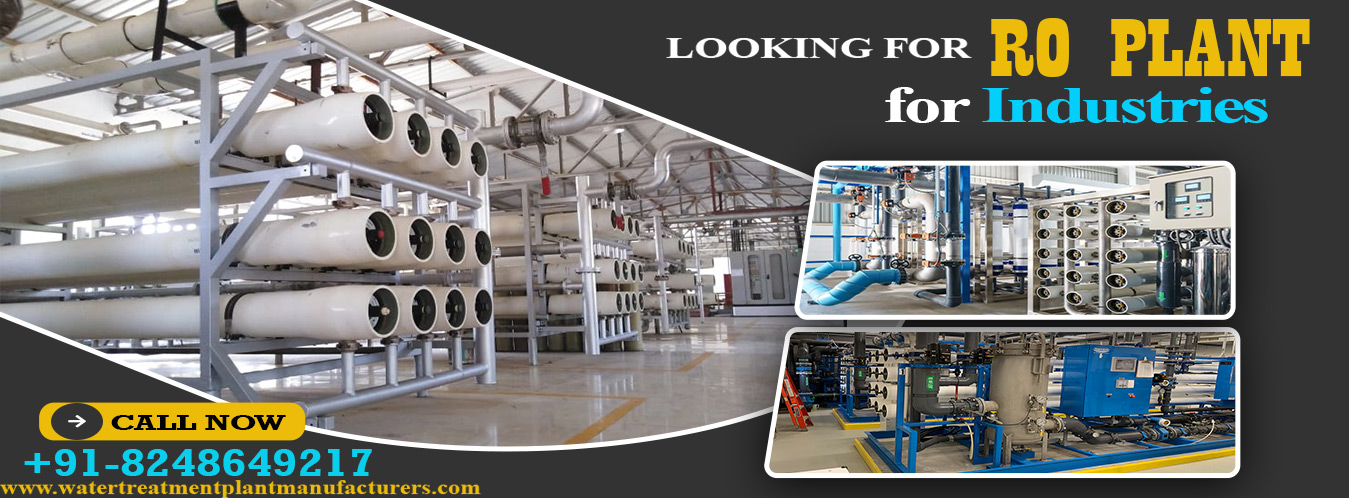
WELCOME
GJ WATER TECHNOLOGIES

WELCOME
GJ WATER TECHNOLOGIES

WELCOME
GJ WATER TECHNOLOGIES

WELCOME
GJ WATER TECHNOLOGIES
The cost of an ETP plant in India includes capital expenses for design and construction, as well as on-going operational and maintenance costs. The specific costs depend on factors such as the size of the plant, treatment processes used, and local regulations.
ETP plant manufacturers in India may produce sludge as a by-product, which requires further treatment or disposal. In some cases, the sludge can be processed and reused or disposed of safely according to regulatory guidelines.
To find a reputable ETP plant consultant in India supplier or consultant, it is advisable to research and seek recommendations from industry associations, environmental agencies, and other businesses with similar needs. Additionally, conducting due diligence and checking references can help in selecting a reliable partner.
An ETP, or ETP plant design consultant in India, is a facility designed to treat industrial wastewater and effluent to remove contaminants and pollutants before it is discharged into the environment or a municipal sewage system.
Effluent treatment plant in India are essential to prevent the release of harmful chemicals and pollutants from industrial processes into the environment, safeguarding water resources and public health.
Industries such as textiles, chemicals, pharmaceuticals, food processing, and manufacturing that generate significant amounts of wastewater with pollutants often require ETPs.
Effluent treatment plant manufacturers in India use various physical, chemical, and biological processes to remove contaminants from wastewater. Common processes include coagulation, flocculation, sedimentation, biological treatment, and disinfection.
Typical components include screens or grates, primary treatment tanks, secondary treatment tanks, aeration systems, chemical dosing units, settling tanks, and sludge handling systems.
Effluent treatment plant consultant in India can remove pollutants like suspended solids, organic matter, heavy metals, oils, and toxic chemicals, depending on the treatment processes employed.
Yes, most countries have environmental regulations that set standards for wastewater discharge. Effluent treatment plant design consultant in India must comply with these regulations to ensure that their effluent meets acceptable quality standards.
ETPs help reduce environmental pollution, protect water bodies, prevent soil contamination, and ensure that industries meet regulatory compliance. They also contribute to sustainable water management.
Yes, ETP plant company in India can be tailored to the specific needs and effluent characteristics of different industries to achieve efficient and cost-effective treatment.
Regular maintenance and monitoring are essential to ensure the proper functioning of an ETP. The frequency of maintenance depends on factors like the type of treatment, effluent load, and equipment used.
The lifespan of an Effluent treatment plant company in India can vary widely depending on factors like the quality of materials used, maintenance practices, and technological advancements. With proper care, an ETP can last for several decades.
While ETP plant in India are the most common solution, some industries may explore alternative approaches such as zero liquid discharge (ZLD) systems or reuse and recycle processes to minimize wastewater generation.
Sludge generated in ETP plant manufacturers in India is typically treated separately, often through processes like dewatering, digestion, and sometimes incineration. Some industries may also explore options for reusing or disposing of sludge.
Selecting the appropriate ETP plant consultant in India involves considering factors like the type and volume of wastewater, regulatory requirements, available space, and budget constraints. Consulting with experts and conducting a feasibility study is often recommended.
Yes, ETP plant design consultant in India can be upgraded or expanded to accommodate changes in production levels or effluent characteristics. This flexibility allows industries to adapt to evolving needs and regulatory requirements.
"There are some frequently asked questions relative to Effluent Treatment Plant Manufacturers".
An Effluent Treatment Plant (ETP) is a facility designed to treat and remove pollutants and contaminants from industrial wastewater before it is discharged into the environment. Effluent Treatment Plant is crucial for maintaining environmental compliance and protecting water bodies.
Selecting the right Effluent Treatment Plant manufacturer is critical because the quality and efficiency of the equipment can significantly impact the effectiveness of wastewater treatment, operational costs, and compliance with environmental regulations.
Consider factors such as the manufacturer's reputation, experience, product quality, adherence to regulatory standards, customer support, and cost-effectiveness when choosing an Effluent Treatment Plant manufacturer.
Effluent Treatment Plant manufacturers typically offer a range of Effluent Treatment Plant systems, including biological treatment systems, chemical treatment systems, physical treatment systems, and combined treatment systems. The choice depends on the specific wastewater characteristics and treatment requirements.
TYes, many Effluent Treatment Plant manufacturers provide customized solutions tailored to the unique needs and characteristics of your industrial wastewater. This ensures that the Effluent Treatment Plant effectively treats your specific effluent.
Check if the manufacturer has certifications or accreditations related to environmental compliance, such as ISO 14001. Additionally, ask for references from other customers who can vouch for their compliance track record.
Effluent Treatment Plant manufacturers often offer maintenance, repair, and technical support services to ensure the proper functioning of the treatment plant over its lifespan. Inquire about the availability of these services before making a purchase.
The lifespan of an Effluent Treatment Plant can vary depending on factors like the quality of construction, maintenance, and the specific treatment processes involved. A well-maintained ETP can last for 15-20 years or more.
The installation time for an Effluent Treatment Plant can vary depending on its size, complexity, and customization. Simple Effluent Treatment Plant may take a few weeks to install, while larger or more complex systems may take several months.
The cost of an Effluent Treatment Plant depends on its capacity, technology, customization, and ongoing operational expenses. It's essential to evaluate not only the initial purchase price but also the long-term operational costs and potential savings in wastewater treatment.
Many Effluent Treatment Plant manufacturers provide training programs for your staff to ensure they can operate and maintain the system correctly. It's important to ask about available training options.
Some Effluent Treatment Plant manufacturers have experience in helping customers navigate the regulatory approval process. They can provide guidance and documentation to assist with obtaining necessary permits for your facility.
